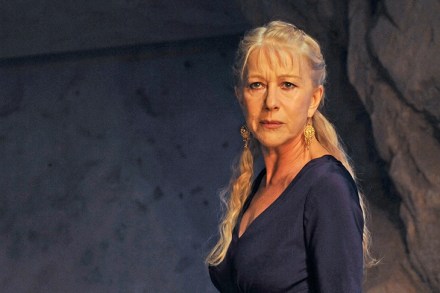Could they have tried harder?
Awareness of German opposition to Hitler is usually limited to Colonel Claus von Stauffenberg’s attempt to blow up the wretched man on 20 July 1944. Hitler was at a briefing in his Wolf’s Lair, a secret forested redoubt, when Stauffenberg entered the room with his briefcase bomb (containing British plastic explosive), placing it beneath the table where Hitler was due to sit. Stauffenberg withdrew, pleading an urgent call, but the unsuspecting subordinate who took his place moved the briefcase further under the table and away from Hitler. Standing and smoking by his car, Stauffenberg — a one-armed, eye-patched veteran of the North African and Russian campaigns — watched as the




















